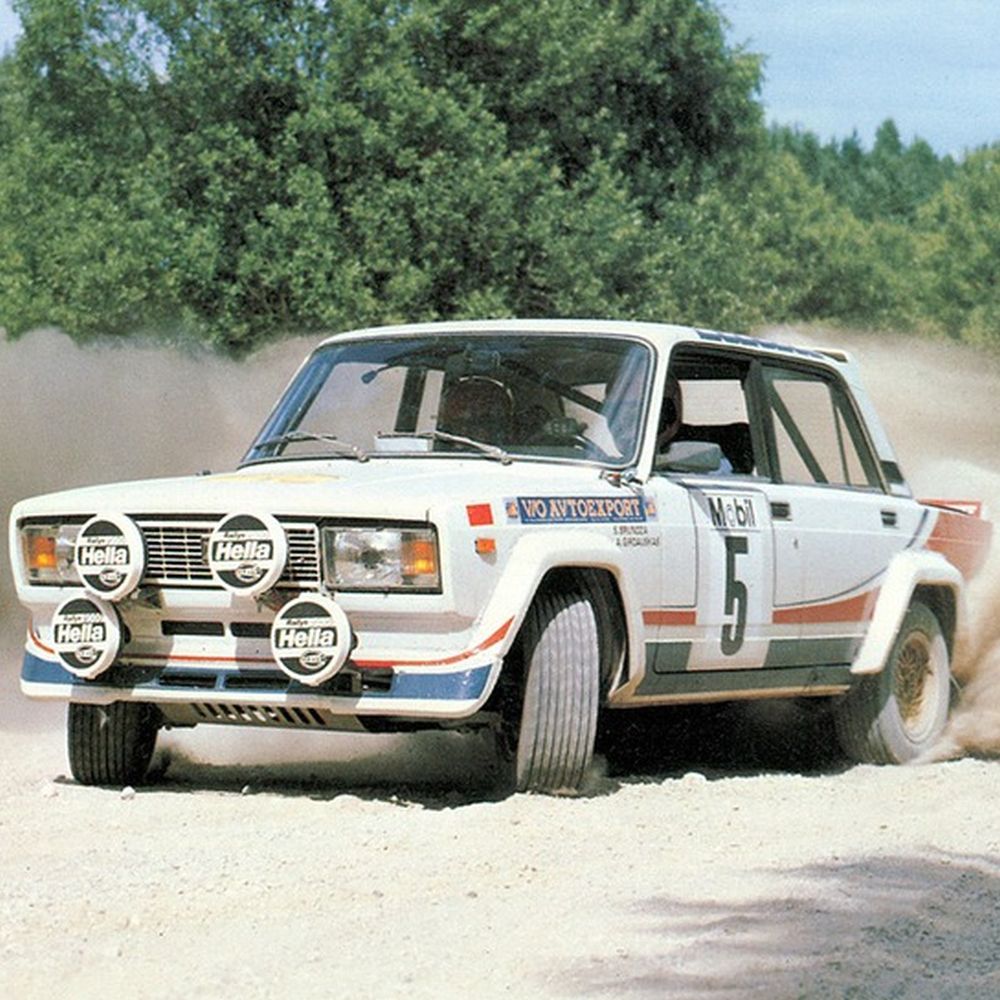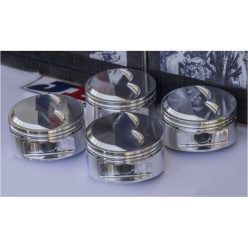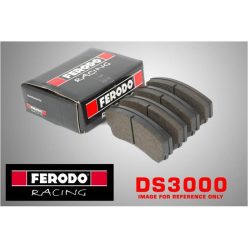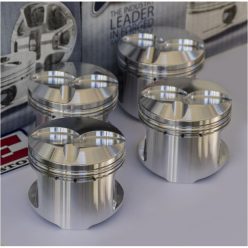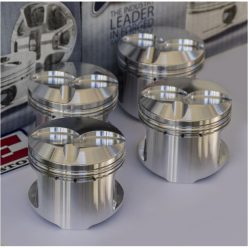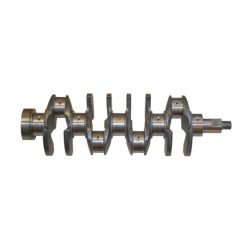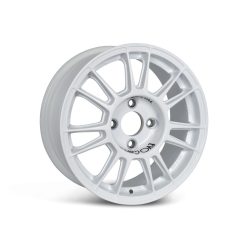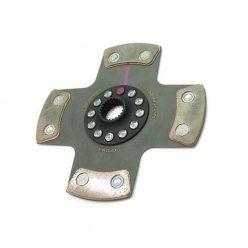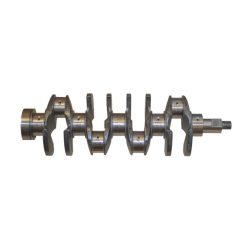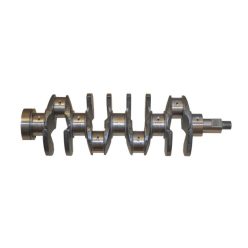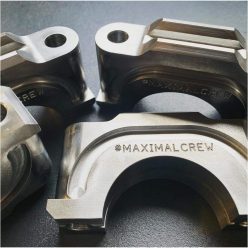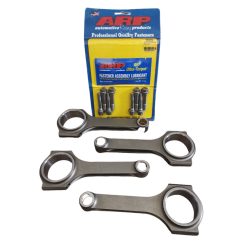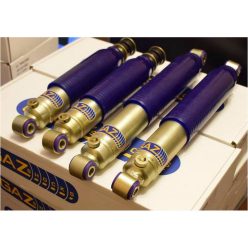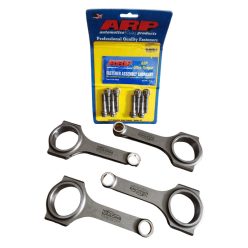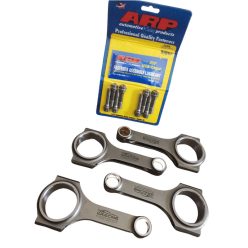Lada Tuning Mastery: How to Build Street and Race Engines
Introduction
Lada tuning presents a unique challenge, offering motorsport enthusiasts and mechanics the opportunity to maximize the potential of their favorite vehicles. The LLRacing webshop offers high-quality parts that allow for the construction of both street and race engines. In this detailed guide, we will explore which components are necessary to optimize a Lada engine, the combinations needed to achieve the desired displacement, and how to enhance performance and reliability.
Lada Tuning: From Basics to Professional Level
The goal of tuning is to increase the engine’s performance and efficiency. This can be achieved by replacing, fine-tuning, and optimizing components. With the right combination of parts, we can prepare our car for street use or even for the racetrack.
Basic Tuning: First Steps
Basic tuning involves optimizing the air intake and upgrading the exhaust system. A high-performance air filter increases the amount of air entering the engine, while a sports exhaust system reduces back pressure, improving engine efficiency. These simpler modifications help boost engine performance without requiring deep changes.

Advanced Tuning: Engine Modifications and Performance Enhancements
In advanced tuning, internal engine components such as pistons, connecting rods, and crankshafts are replaced with stronger, lighter versions. These modifications not only increase engine performance but also enhance reliability, especially at high RPMs. Choosing the right components is crucial for the engine to perform well and be durable under both racing and street conditions.
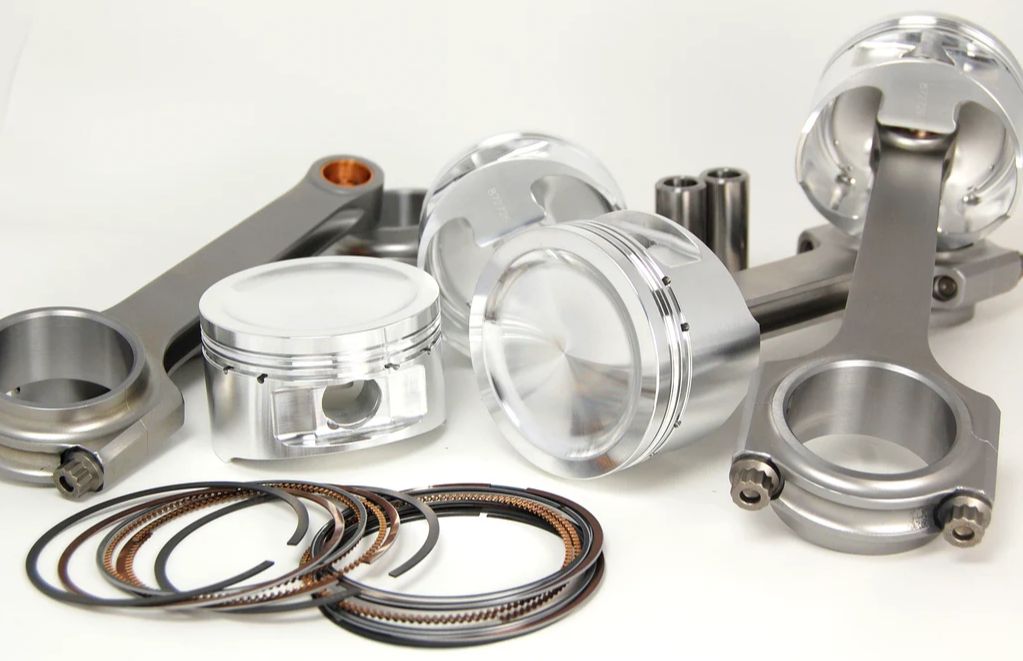
Choosing Lada Pistons, Connecting Rods, and Crankshafts
The JE Pistons Lada forged pistons available in the LLRacing webshop are among the highest quality, offering high resistance to heat and pressure, making them ideal for high-performance engines. Below is a detailed breakdown of how to choose the right piston, connecting rod, and crankshaft combinations to build engines with different displacements.
Lada Engine Variations and Their Benefits
Lada 1590cc Homologated Engine
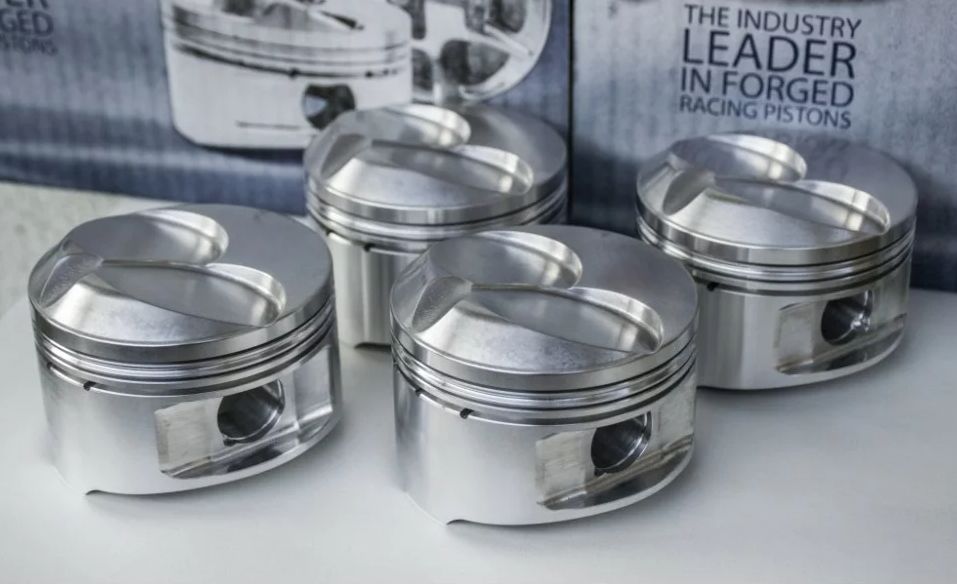
Piston: 79.5mm diameter
This size is optimal for original 1600cc engines, offering a good balance between performance and fuel consumption. Ideal for those who want to maintain the engine's factory homologation while achieving some performance improvements.
Crankshaft: 80mm stroke
The shorter stroke crankshaft allows for faster engine responses and a wider RPM range. This option is ideal for those seeking a sporty driving experience.
Connecting Rod: 136mm length
The shorter connecting rods enable a faster combustion cycle, improving the engine's acceleration capabilities, especially at high RPMs.
Lada 1600cc Engine (Short Connecting Rods)

Piston: 80.0mm diameter
This size remains true to the original 1600cc configuration, maintaining a good balance between performance and economy.
Crankshaft: 80mm stroke
The shorter stroke crankshaft provides quicker engine responses and a broader RPM range, ideal for sporty driving styles.
Connecting Rod: 136mm length
Combined with shorter connecting rods, the engine achieves faster combustion cycles and more dynamic acceleration.
Lada 1600cc Engine (Long Connecting Rods)
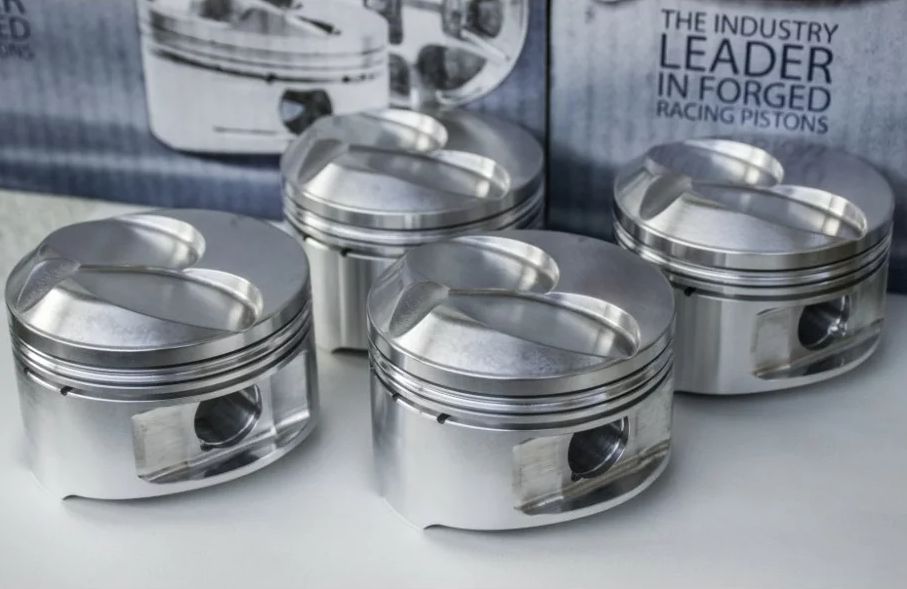
Piston: 80.0mm diameter
An optimal choice for original 1600cc engines, providing balanced performance.
Crankshaft: 80mm stroke
A shorter stroke crankshaft increases the RPM range and engine responsiveness.
Connecting Rod: 146mm length
Longer connecting rods provide more stable combustion and better torque transfer, especially at high RPMs, while reducing piston speed at the top dead center, improving reliability.
Lada 1600cc Engine (Long Connecting Rods, 72mm Crankshaft)
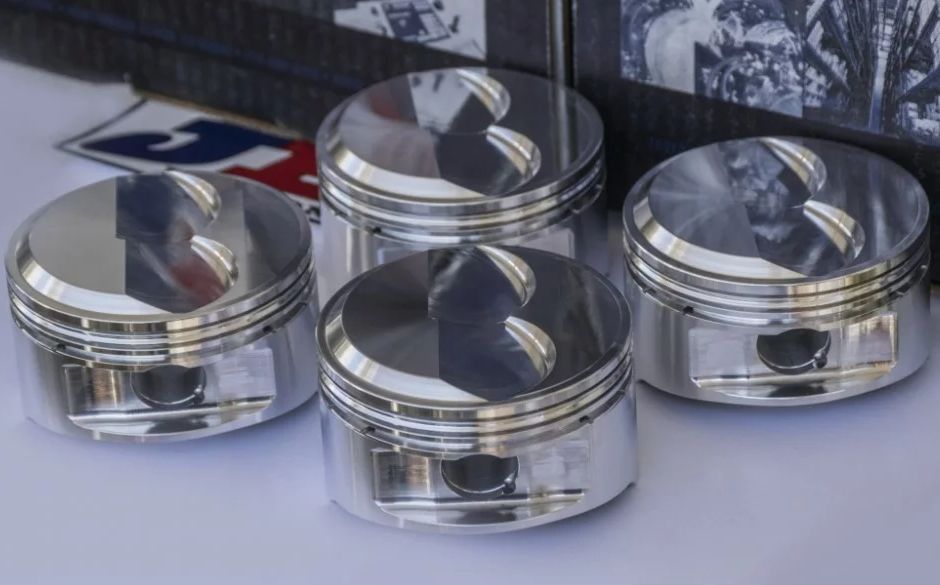
Piston: 84.0mm diameter
The larger diameter piston increases combustion chamber volume, allowing more air and fuel into the cylinder.
Crankshaft: 72mm stroke
A shorter stroke crankshaft allows for higher RPMs and quicker responses, ideal for racing where speed is key.
Connecting Rod: 156mm length
The longest connecting rod provides stability at high RPMs, improving durability and efficiency.
Lada 1700cc Engine
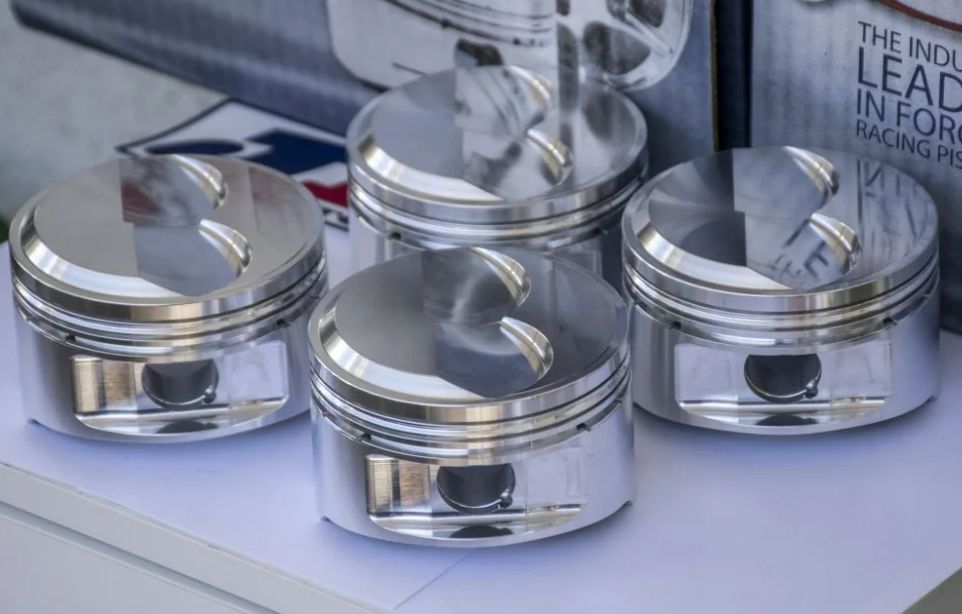
Piston: 82mm diameter
A larger diameter piston that takes in more air and fuel, generating greater power.
Crankshaft: 80mm stroke
The shorter stroke retains the high RPM range, providing excellent responsiveness and acceleration.
Connecting Rod: 146mm length (available in 136mm as well)
The medium-length connecting rod ensures more stable combustion and greater power output.
Lada 1800cc Engine

Piston: 84mm diameter
Further increases combustion chamber volume, resulting in more energy and power.
Crankshaft: 80mm stroke
A longer stroke crankshaft increases torque and improves low RPM performance, which is particularly useful for street use and on the racetrack.
Connecting Rod: 146mm length
The medium-length connecting rod maintains stability and reliability under high performance.
Lada 1900cc Engine
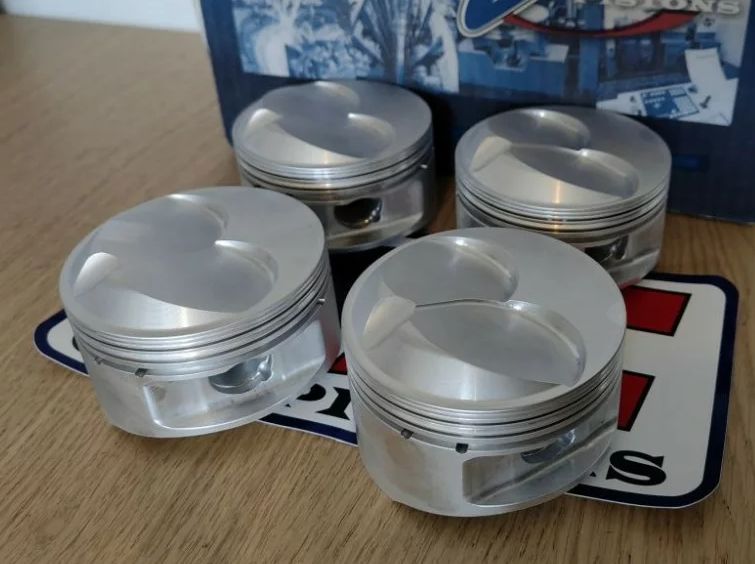
Piston: 84mm diameter
A larger piston that maximizes airflow and engine performance.
Crankshaft: 84mm stroke
The longer stroke increases engine torque, ideal for race engines and those looking for high performance at lower RPMs.
Connecting Rod: 146mm length
A long connecting rod provides better durability and reliability under heavy load.
Lada 2000cc Engine
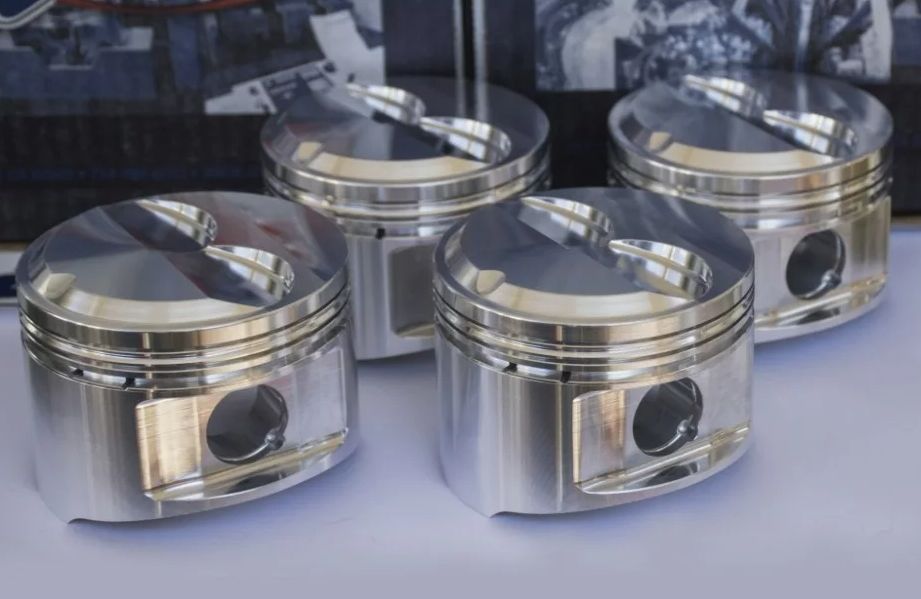
Piston: 84mm diameter
The largest piston, maximizing engine capacity and performance.
Crankshaft: 88mm or 90mm stroke
The longest stroke crankshafts provide the most torque and power. An excellent choice for achieving the highest performance levels, especially under racing conditions.
Connecting Rod: 146mm length (available in 136mm as well)
A long connecting rod offers better stability and reliability in high-performance engines, improving the engine's lifespan and dependability.
Additional Performance-Enhancing Components
Lada ARP Flywheel Bolts: High-quality, high-strength bolts.
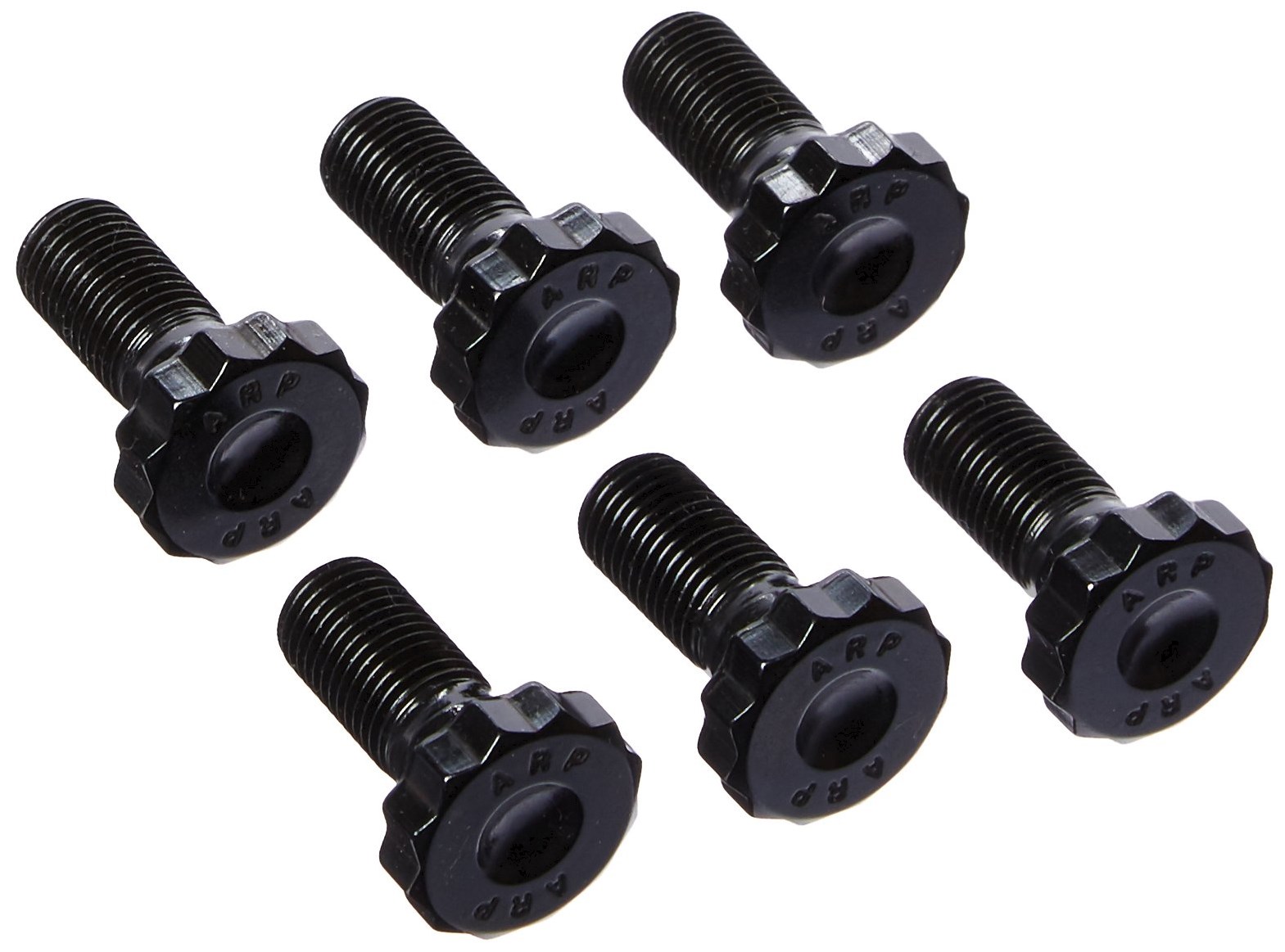
AP Racing and Tilton Clutch Kits: Reliable and high-performance clutches for both street and race use.
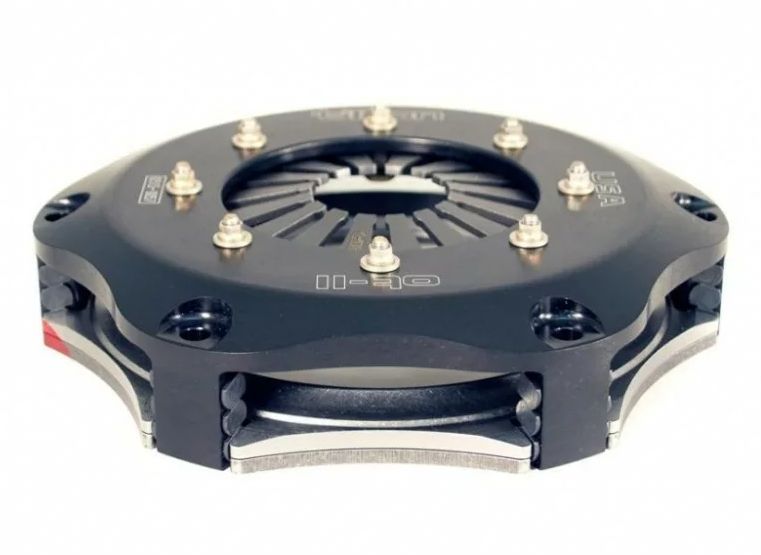
Jenvey Throttle Bodies: Highly precise control of the air-fuel mixture.
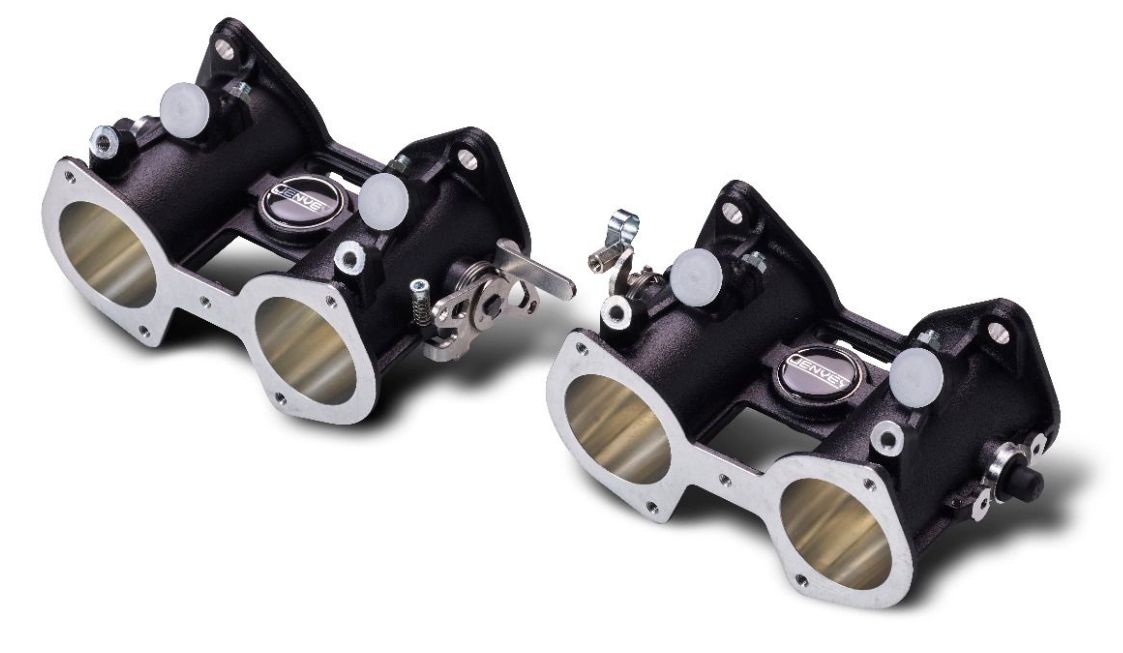
Weber and Fajs Carburetors: Provide precise fuel-air mixture control for optimal engine performance.
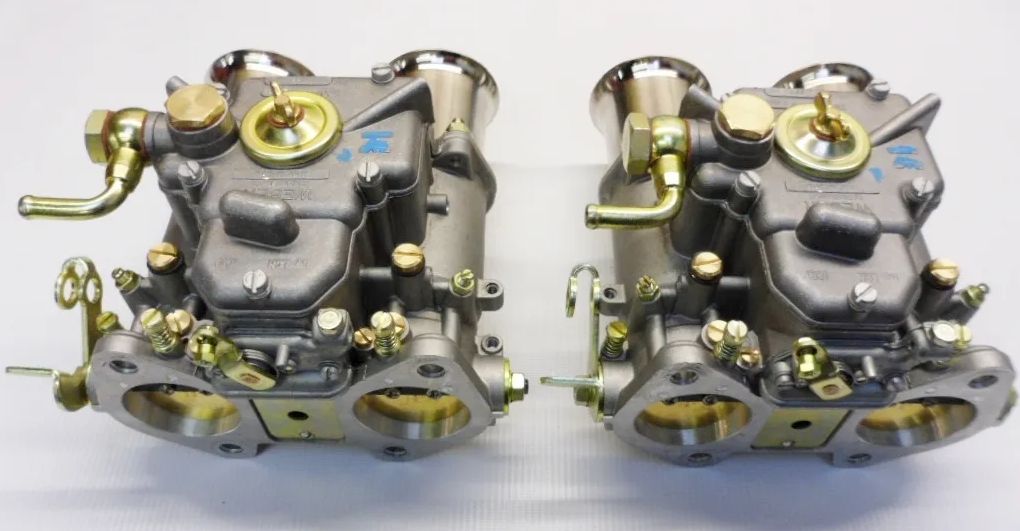
Injection and Carburetor Setups
Carburetor Setups: Weber and Fajs carburetors allow for precise control of the fuel-air mixture.
Injection Setups: ASmotot ECUs enable modern injection systems with precise fuel and ignition control.
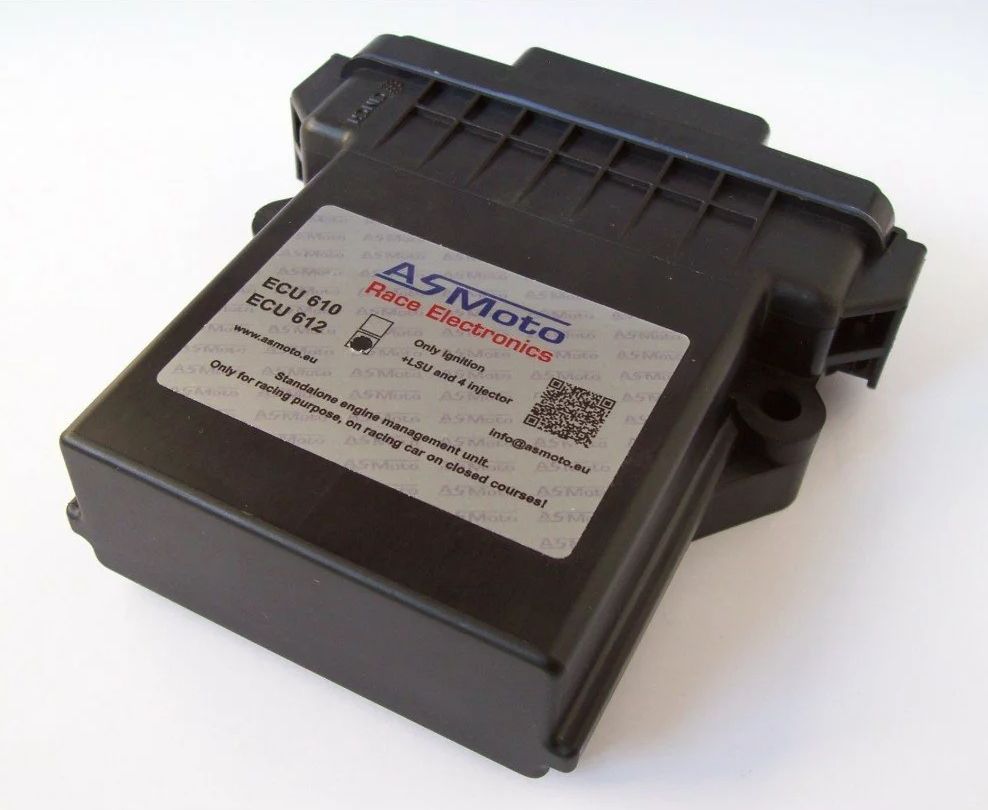
Engine Management and Camshafts
Catcams Camshafts and Valve Springs: Available in various profiles, allowing customization of the engine's performance curve.
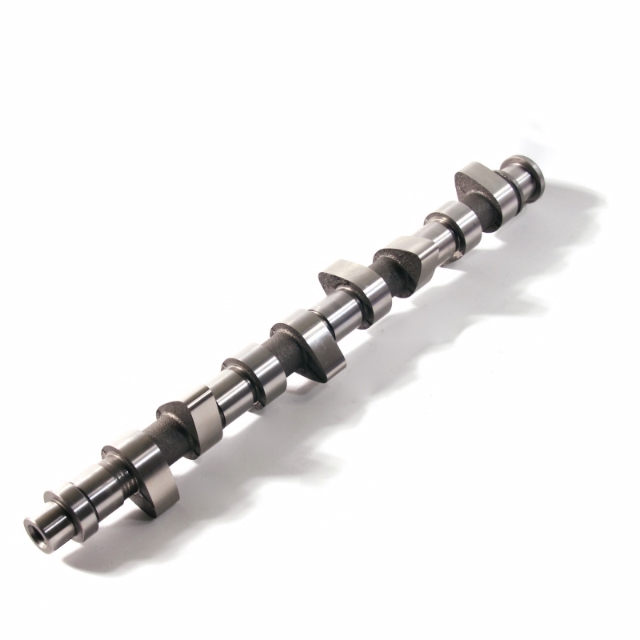
Cooling and Lubrication Optimization
High-Performance Oil Coolers: Reduce oil temperature, ensuring proper lubrication for all moving parts.
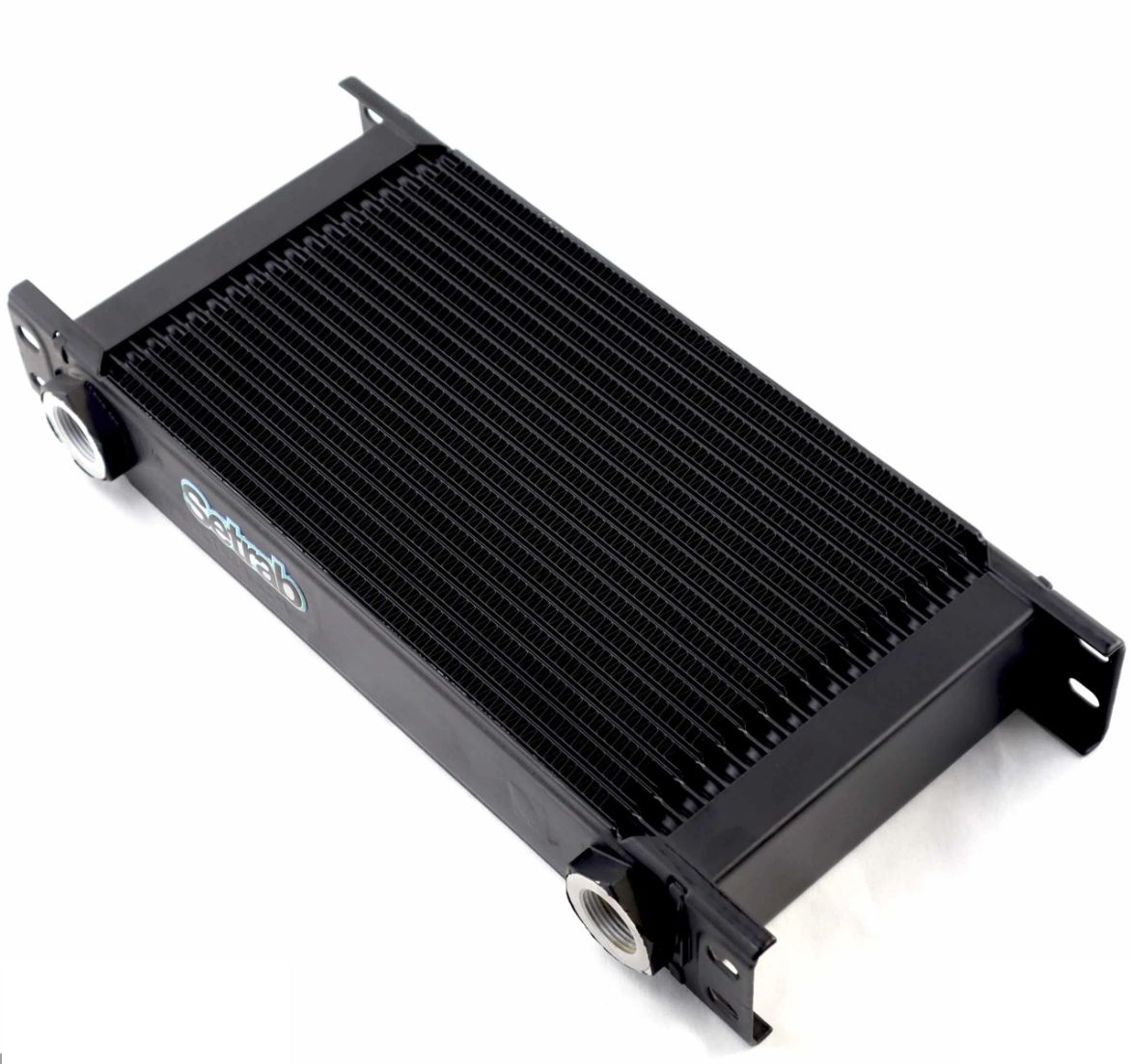
High-Performance Radiators: Provide efficient cooling, especially important for race engines operating at higher temperatures.
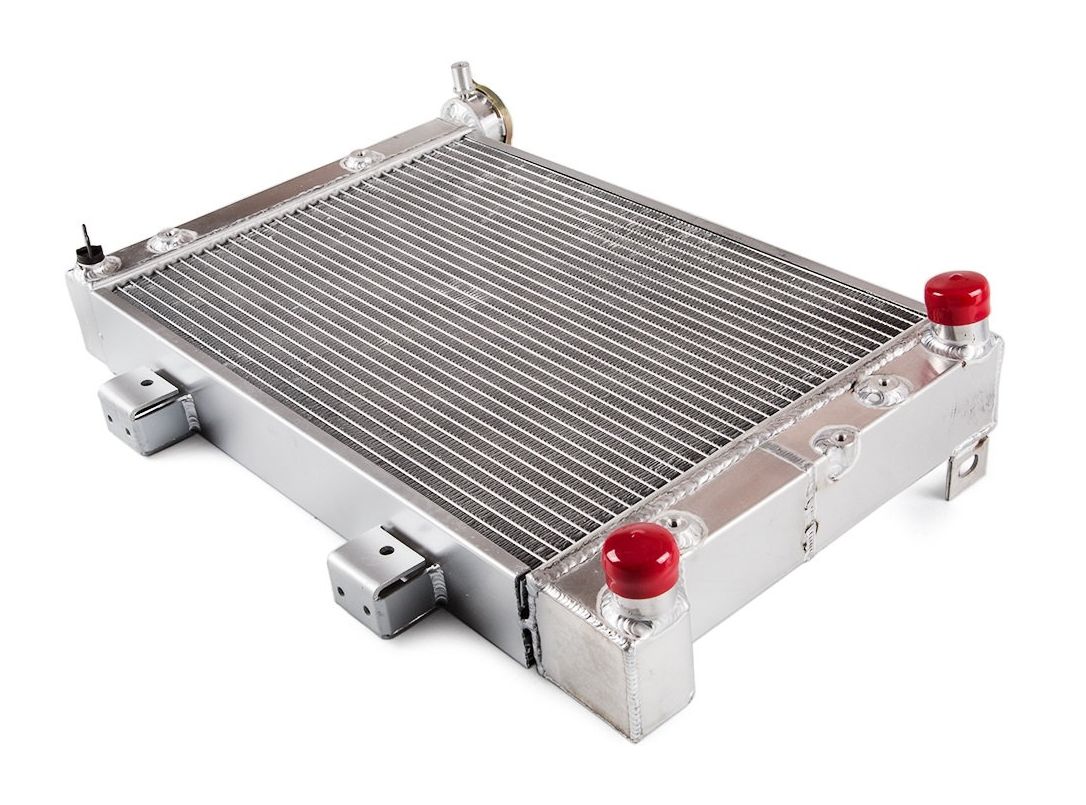
Conclusion
Choosing the right engine build variation depends on the desired performance and driving experience. Short-stroke engines are faster and achieve higher RPMs, while long-stroke engines provide more torque and power.

